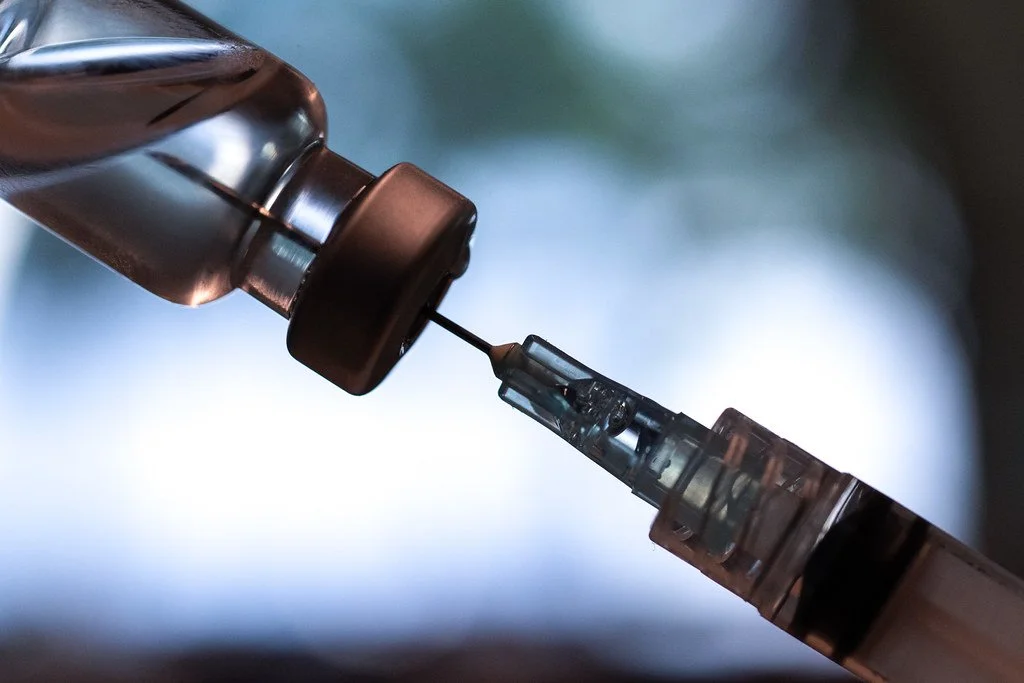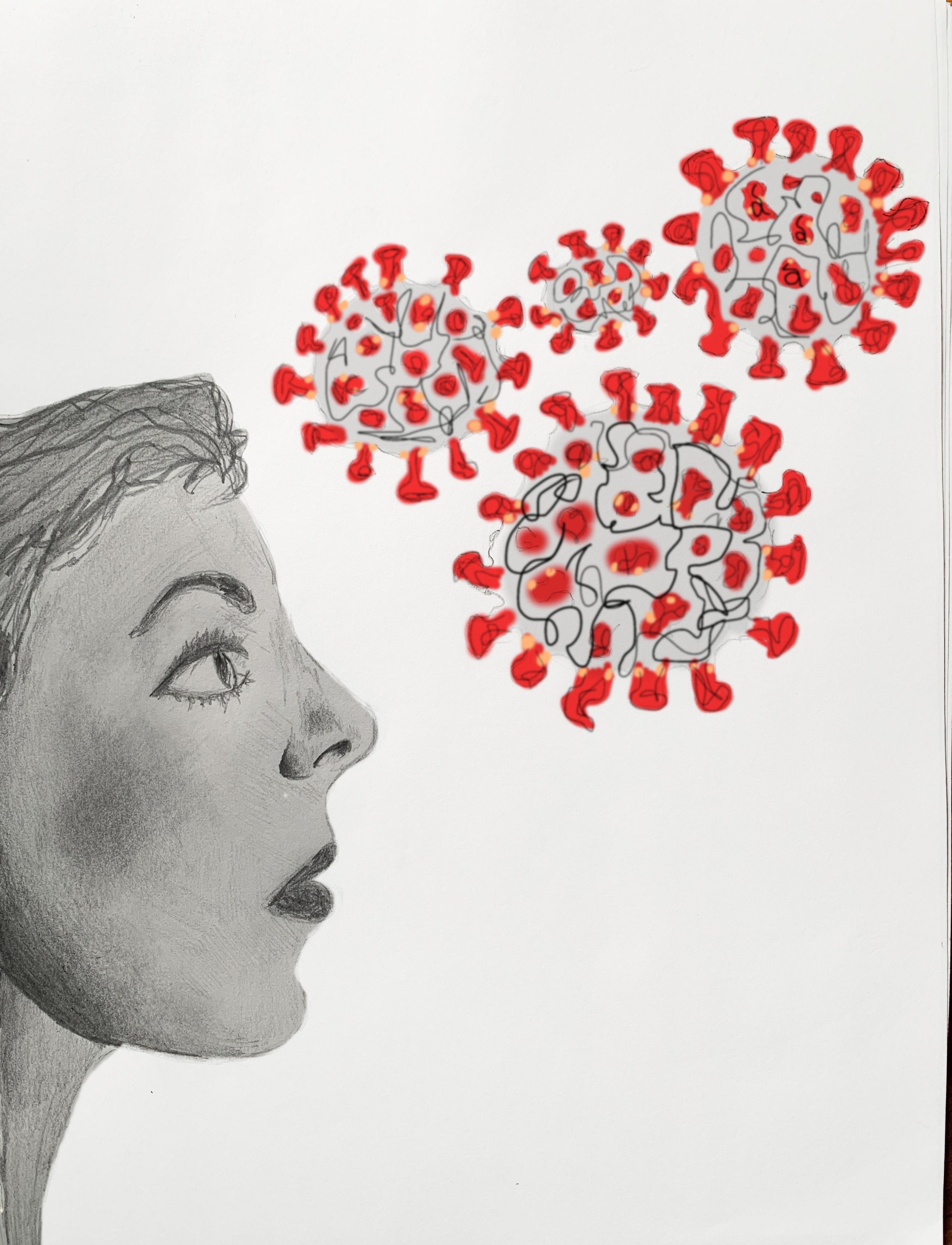Mount Holyoke College’s Board of Trustees recently brought the College a step closer to achieving carbon neutrality by 2037. The Board voted to transition the College’s heating and cooling system to one powered by geothermal energy. The decision was shared with the MHC community in the Oct. 19 edition of the MHC This Week newsletter, alongside other updates from the Board’s fall meeting. The transition to geothermal power, which the meeting summary referred to as the “College’s Energy Master Plan,” would reduce the College’s carbon footprint by an estimated 80 percent, per the summary.
Alaskan crabbing season cancelled due to extreme population decline
October to January is generally the optimal season for fishing and harvesting all crab species for food, a Southern Living Magazine article stated. This is when most individual crabs are at their largest and when populations are at their peak. A major crabbing industry is centralized in the Bering Sea in Alaska. Its snow crab harvest in particular brings in approximately 132 million dollars each year, according to a Time article. This October, however, the Alaska Department of Fish and Game determined that the number of crabs in the Bering Sea this season was too low to open the fishery.
New bivalent COVID booster recieves less attention than previous vaccines
As we approach nearly three years of social distancing, mask mandates and Zoom meetings, Americans appear more than ready to leave COVID-19 in the past, an MSN article reported. But the article’s documentation of the low numbers of those receiving the new booster and the concerns these statistics could pose for another surge suggest that the danger of COVID-19 may not be gone from the United States.
New website provides sexual and reproductive health resources
From its inception, Our Bodies Ourselves has been a resource for women and gender expansive individuals to gain information regarding their physical health. Originally created in the late 1960s due to a lack of knowledge on cisgender women’s bodies, it’s now more relevant than ever in the fight for control over reproductive and sexual choices.
World Wide Fund for Nature report discovers wildlife population decline
Nobel Prize winners unlock new discoveries in quantum mechanics
Women found to be underrepresented in scientific article citations
A study published on Oct. 6, 2022, in Nature Physics demonstrated a pattern of under-representation of scientific works authored by women in physics articles citations. The study revealed that the bias towards citing research authored by men primarily occurs among male writers and researchers, as well as when the citing author has less familiarity with the subject they are writing about.
More people need to start talking about long COVID
President Joe Biden’s “60 Minutes” interview remarks on Sept. 18, 2022, during which he declared that “the pandemic is over,” serve as a painful confirmation that the institutions meant to protect us — namely the government — have neglected the American public in the face of a more subliminal, yet similarly-grave ailment: long COVID. The Centers for Disease Control and Prevention stated that Long COVID is a term used to refer to a variety of conditions that develop after a COVID-19 infection.








